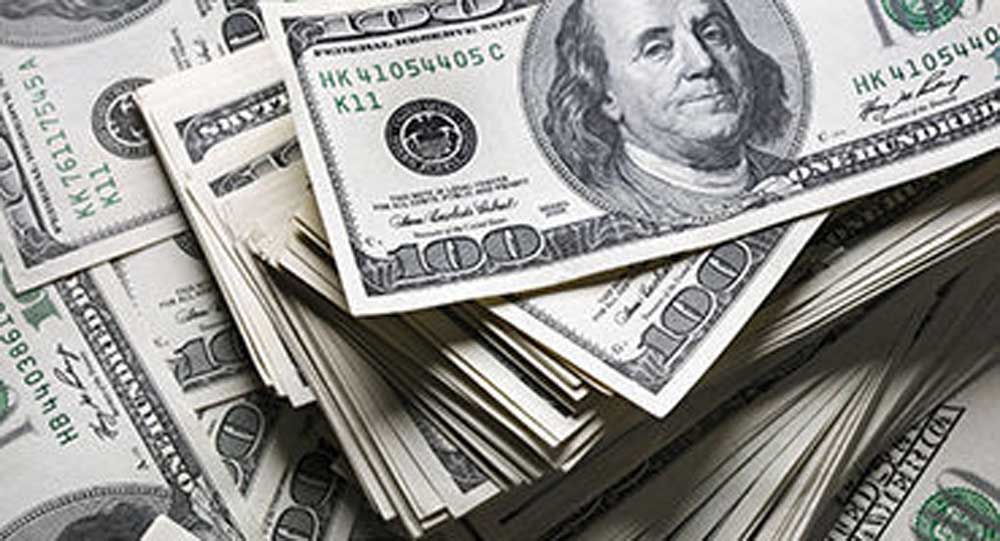Editorial: Carbon credit auction is a perilous experiment
Published 7:00 am Thursday, March 16, 2023

- Selling the right to emit carbon pollution will add cash to state coffers. Some of that money will come from private citizens.
Anyone who maintains that Washington’s carbon credit mandate will have a minimal impact on consumers need only look at the results of the first auction. The take — $299.7 million — was 50% higher than the state had estimated.
Trending
Some 6.18 million carbon allowances sold for $48.50 each, the Department of Ecology announced one week after the auction. Ecology had estimated in January allowances would sell for about $32.
Ecology will hold three more auctions this year. If allowances stay at the current price, the auctions will take in nearly three times as much money this year as Ecology predicted in 2021. Lawmakers that year adopted cap-and-trade to reduce greenhouse gases and finance carbon-reduction programs.
“This is truly historic for Washington and for the global movement toward a low-carbon future,” Gov. Jay Inslee said in a statement.
Trending
While eliminating Washington’s carbon emissions would have only a symbolic influence on global climate, the auctions are likely to have a significant impact on state coffers and energy prices in Washington.
Energy generators and suppliers must acquire one allowance for every ton of carbon they emit. But, the auctions are open to anyone with the means, and private investors who hope to resell the credits at a profit on the secondary market were big players.
Each year the state will offer fewer credits for sale as it moves steadily to zero emissions. As the credits become more scarce, they will become more expensive on every market.
While the energy companies will pay the sellers, they aren’t going to absorb all the expense as a cost of doing business.
“No matter how many times advocates promise, ‘the big oil companies will eat it,’ those of us who live in the real world know most of these additional costs will be passed on to the people, one way or another,” Sen. Drew MacEwen, R-Shelton, said.
While it wouldn’t be accurate to say every dollar the state collects will come out of the pockets of Washingtonians, part of this effort to attach a cost to carbon pollution will filter down to consumers.
It is an economic experiment that will be difficult to unwind if all does not go as planned. Much will depend on how well the state uses its new-found income to offset costs that will be imposed on ordinary citizens, particularly those in rural areas like ours that generate comparatively little climate-disrupting gas.
In its desire to set a good example for the rest of the world, state government has set a course into uncharted waters. Only time will tell whether we sail over the edge or land on some bright new shore.









